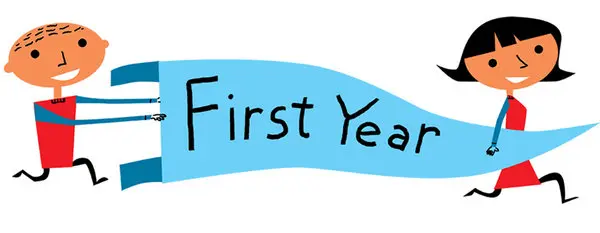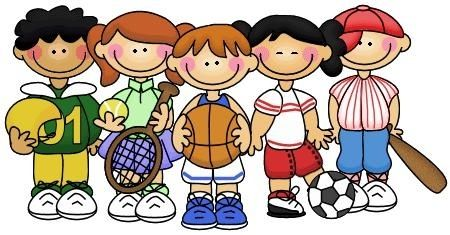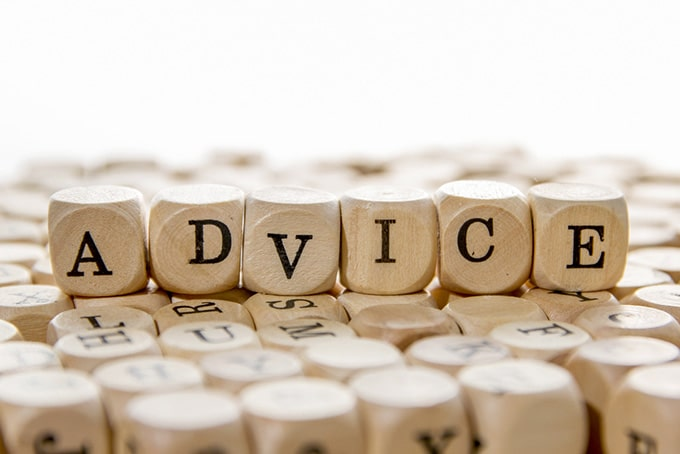Question: As a senior, what advice would you give to freshmen to succeed in high school and have good chances in getting into a top college?
X REPLIES: First day of high school, how terrifying. To be honest with you, It’s not very hard to succeed in high school. Try to take things in one by one and balance yourself throughout the process. One thing I value a lot is time management, and this has helped me tremendously with all my classes. In order to optimize your performance across several platforms of your life, you will need to develop strong time management skills. This means that you have to create a schedule that is organized and that will work for you.
In my freshman year, I was determined to join clubs in my areas of interest. Successful high school students don’t always spend their time locked in their house studying the night away. They are also engaged members of their community. There is a club for everyone and if you seem to not find at least one club that matches your interests, you always have the opportunity to start your own club (which looks DAZZLING on your resume).
As for getting into a top college, the college process is a rocky road for everyone. It can be a bit overwhelming, especially if you are applying to many schools or highly selective schools. However, you don’t have to go through the process alone. There is always someone available to aid with your application. The college office will always welcome you and guide you through the process.
I wish you the best of luck on your freshman year!
Dear XYZ: I feel very clumsy and not athletic, would joining a school sport help me be more coordinated? Which one?
Y RESPONDS: As a clumsy and non-athletic person myself, I know how it feels like to not be coordinated. Joining a sport would most definitely help you become more coordinated. Sports help develop coordination, stamina, problem solve, and more. Of course, after joining a sport you wouldn’t immediately be as athletic as Lebron James. It takes practice, time, and patience. As the old saying goes, “practice makes perfect”.
So, which sports help you become more coordinated? Many sports help with coordination. MCSM has sports such as basketball, volleyball, baseball, table tennis, and more. You can talk to our school coaches to see if there is a chance to try out for the specific sport you want to play. You can also seek out community sports teams in your local area that you might join. Most importantly, pick a sport that you would enjoy! If you don’t like the sport, you will not be as motivated to stick with it.
All in all, sports are a great way to become coordinated. Even though it takes a lot of time and patience, you will not regret getting involved!
Question: How do you give someone advice that they don’t like or want to hear?
Z SAYS: Have you ever given your friends advice and they end up making the opposite choice? The way we usually give advice, by imposing our own opinions, is often ineffective, and even harmful. Knowing how to give helpful advice, especially when it’s within your own group of friends and everyone is cool with each other, can improve your relationships and lead to better future decisions. Try these three tips to become an expert advisor:
1- Only give advice when asked. Most of us give advice immediately when someone shares a problem with us, but our good intentions can backfire. Unsolicited advice sends a message that you’re jumping in because they can’t handle the problem. To ensure that your advice is more helpful than harmful, only share it if you’re explicitly asked. Otherwise, just listen and empathize.
2- Offer information about the opinions. When giving advice, people with more experience often make the mistake of assuming that they know best. To offer expertise in a way that’s truly helpful, use it to inform the person about the decision at hand. Tell the person a few of your recommendations, then let them use the information to make the appropriate decision.
3- Help think through the problem. Instead of imposing your opinion, guide them through the process you might use to reach a conclusion. Ask the questions you would ask yourself, and give them an opportunity to talk through the options with you. That approach will help build problem-solving skills that can be applied to future dilemmas.
I hope these tips come in handy the next time you give helpful advice!


